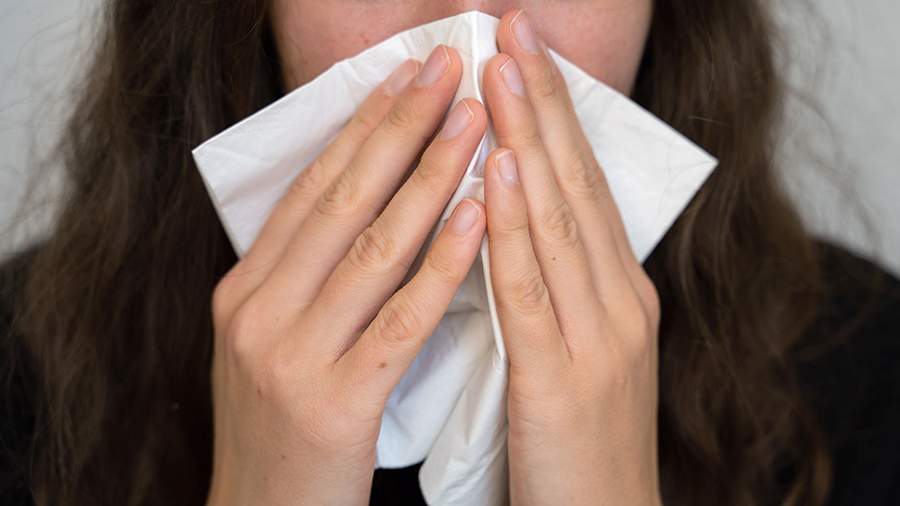The doctor gave advice on how to combat hay fever

Every spring, some Russians face the same problem: the flowering of plants causes them a runny nose, itchy eyes, constant sneezing and other unpleasant symptoms. This is an allergic reaction to pollen — pollinosis. Ella Churyukina, an allergist and immunologist at Invitro, told Izvestia on May 12 how to deal with this.
The expert emphasized that in case of itchy nose, sneezing, watery runny nose, increased lacrimation and itchy eyelids, it is necessary to consult a doctor.
"Common symptoms for allergy sufferers are weakness, dizziness, drowsiness, cognitive impairment, increased fatigue and decreased performance. There may also be a subfebrile fever, known as "pollen fever," she added.
In addition, there are skin manifestations in the form of acute urticaria, angioedema or contact dermatitis, depending on the routes of allergen intake. Rare manifestations include symptoms from the urogenital and gastrointestinal tracts.
It is important for allergy sufferers to remember the rules that will help reduce pollen intake in order to reduce its concentration.
"For allergy sufferers during the flowering period, it is best to leave for another climatogeographic zone. But if this is not possible, they should limit going outside in sunny, windy weather, especially in the morning, wear masks, wear sunglasses, cover their hair and take a shower after returning home," the immunologist emphasized.
The expert recalled that in addition to preventive measures, symptomatic treatment is available for allergy sufferers. According to her, a special place in it is occupied by sprays and drops that create a physical barrier on the mucous membranes, which significantly reduces the contact of the allergen with tissues and prevents the development of an allergic reaction.
Earlier, on May 6, Alexandra Gornak, an allergist and immunologist at the Sberbank Health medical company, said that pollen allergy can develop at any age. It most often occurs in childhood or adolescence, but it can occur for the first time in an adult. Among the reasons are a genetic predisposition, contact with new allergens, and changes in environmental conditions.
Переведено сервисом «Яндекс Переводчик»
